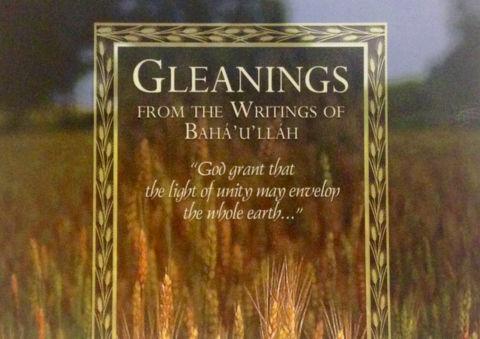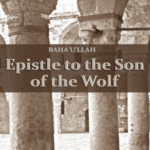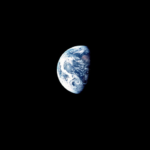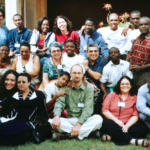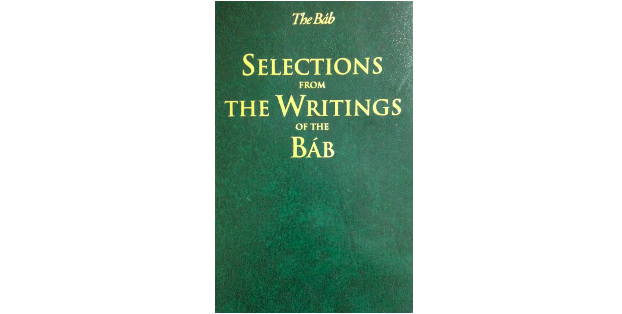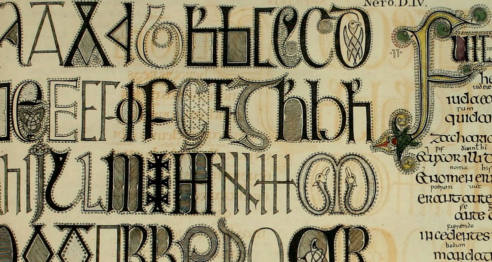
Taking Things Too Literally vs. Interpreting Texts for the Oneness of Humanity
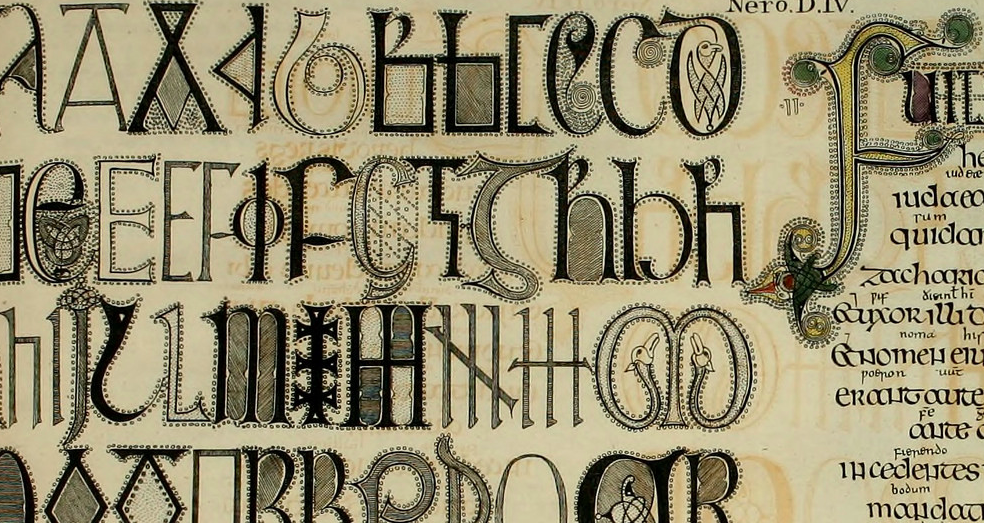
Taking things too literally – particularly religious texts – can be a problem – as we tragically see in our world. In some cases it contributes to murderous results. In other cases it creates irresolvable conflicts between communities and points of view.
This article discusses how Bahá’u’lláh interprets religious texts to lay the foundations of unity. As noted in previous articles, the overriding purpose of Bahá’u’lláh’s life’s work is the fostering of unity and friendship among human beings. How we understand and interpret religious texts affects our ability to build unified harmonious communities.
To take one dimension, overly literal readings of religious texts is one factor which holds back a coherence between scientific and religious thought. In Seven Heavens and Extrasolar Planets – we saw one example where Bahá’u’lláh’s thought suggests that literal readings may be misleading. Overly literal readings of creation stories – interpretations which are contradicted by scientific knowledge – drives a conflict in which some try to undermine science – and others try to undermine religion. It is an unnecessary conflict – that can be resolved if there is an openness to other readings of the text other than the literal one.
The creation story is understood as metaphorical in the Baha’i writings. This not only enables us to turn our minds to seeking to understand the underlying and beautiful meanings of the text – it also removes the disunifying dynamic described above. (As an aside, Abdu’l Baha proposed a mutually supportive framework for religion and science: that science should help clarify religion; and religion should help ensure science is beneficial to humanity. Both can contribute to fostering the oneness and peace of humanity.)
In the Book of Certitude, Bahá’u’lláh addresses the reading of religious texts and their interpretation, providing his own interpretations of both Bible and Qur’an. He asks us to reflect on the past and poses a question. Essentially: why is it that the followers of all religions await a “saviour” prophesied in their religious texts – yet when that saviour appears invariably reject that person – and persecute them and their followers?
Consider the past. How many, both high and low, have, at all times, yearningly awaited the advent of the Manifestations of God … How often have they expected His coming, how frequently have they prayed that the breeze of divine mercy might blow, … And whensoever the portals of grace did open, … they all denied Him … What could have been the reason for such denial and avoidance on their part? … Why is it that the advent of every true Manifestation of God hath been accompanied by such strife and tumult, by such tyranny and upheaval? This notwithstanding the fact that all the Prophets of God, whenever made manifest unto the peoples of the world, have invariably foretold the coming of yet another Prophet after them, and have established such signs as would herald the advent of the future Dispensation.[1]
There is an important implication of the pattern that Bahá’u’lláh describes. This is the pattern that is at the root of the religious conflict that still divides the religions of the world – despite all religious communities drawing from the same divine source.
This division is in part built, Bahá’u’lláh states, on clinging to a “literal interpretation” of religious texts.
In the Book of Certitude, Bahá’u’lláh also takes the reader through rational metaphorical readings of religious texts such as the Bible and the Qur’an that enable the harmonisation of religions that have been divided to this day.
He further outlines in this work the concept of “progressive revelation”. The “messengers”, “manifestations”, “prophets” of God are part of an ongoing process in which humanity is carried forward by successively elaborated teachings brought by each teacher. The spiritual essence remains the same – but the social teachings change in accordance with the state and needs of humanity.
As to thy question concerning the heavenly Scriptures: The All-Knowing Physician hath His finger on the pulse of mankind. He perceiveth the disease, and prescribeth, in His unerring wisdom, the remedy. Every age hath its own problem, and every soul its particular aspiration. The remedy the world needeth in its present-day afflictions can never be the same as that which a subsequent age may require. Be anxiously concerned with the needs of the age ye live in, and centre your deliberations on its exigencies and requirements.[2]
(This article is the 61st in a series of what I hope will be 200 articles in 200 days for the 200th anniversary of the birth of Bahá’u’lláh. The anniversary is being celebrated around the world on 21 and 22 October 2017, The articles are simply my personal reflections on Bahá’u’lláh’s life and work. Any errors or inadequacies in these articles are solely my responsibility.)
